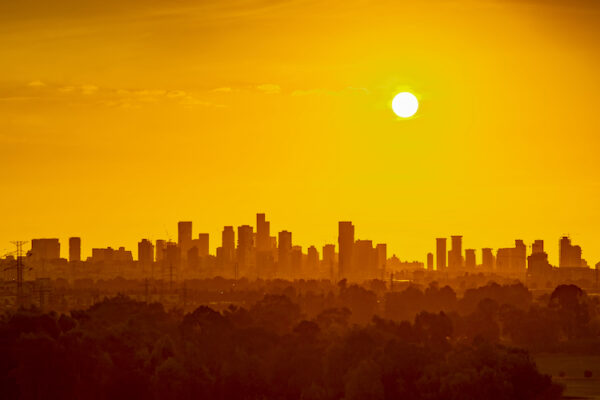8 Great Places for Recreational Boating on Boston Harbor
Enjoy recreational boating on Boston Harbor with our guide to 8 great places to float your boat along the waterfront.
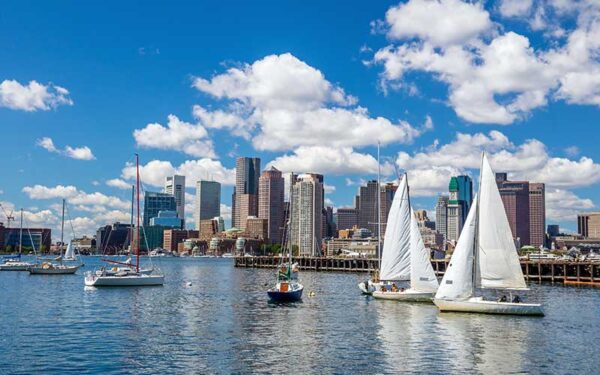
Enjoy recreational boating on Boston Harbor with our guide to 8 great places to float your boat along the waterfront.

The Massachusetts Public Waterfront Act guarantees public access to the land around Boston’s waterfront and other waterways across the state. One way it does this is by requiring anyone building along the waterfront to get a “Chapter 91” license, which includes any actions the developer must take to make the site more welcoming to the… Continue reading Recreational Boating on Boston Harbor: An Assessment of Chapter 91 Compliance
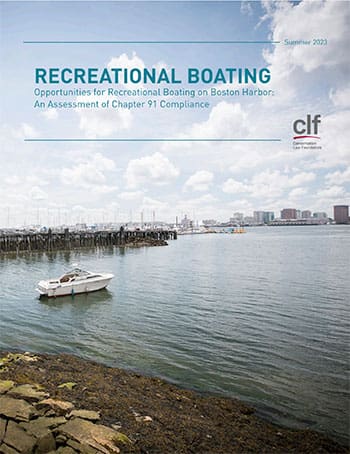
Massachusetts’ waterfronts have always played a critical role in the state’s economy, supporting our fishing, shipping, and energy industries, among others. But those industrial uses haven’t always benefitted the communities that host them.
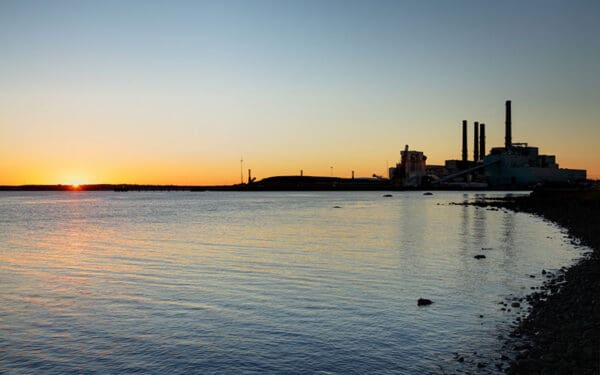
Here are six ways that urban forestry can help our communities if we choose to invest in it.
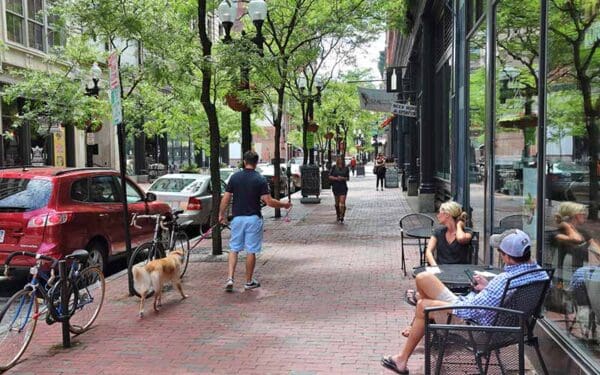
“We want the companies to take a hard look at their infrastructure,” said Epke, “and make sure that they are doing things such that the system is ready for the coming and current impacts of climate change, and do so in a fiscally responsible way.”
CLF’s new senior vice president of law and policy is a veteran environmental advocate primed to oversee the organization’s advocacy efforts across New England.
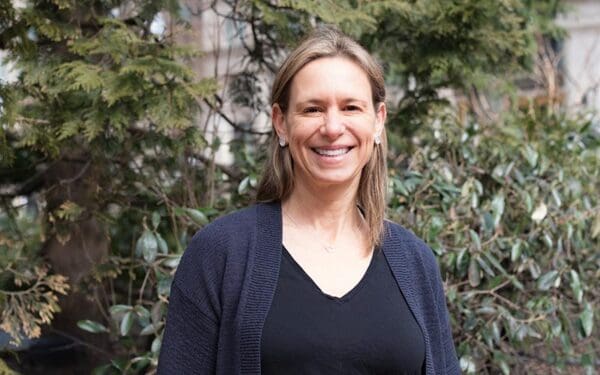
Nubian Markets brings fresh, healthy produce to Nubian Square. It was funded in part by CLF’s Healthy Retail and Commerce Fund.
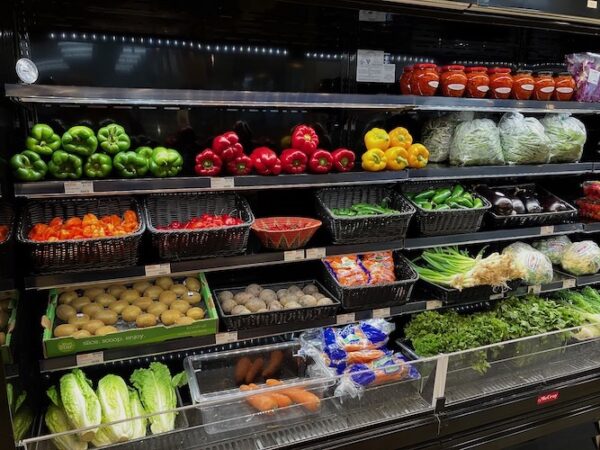
“Allowing these companies to keep charging customers for storm cleanup over and over is an outrage,” said Johannes Epke, CLF. “It should be up to the utilities to make their infrastructure resilient to the frequent, climate-driven storms we’re seeing more and more. It’s time to change state rules that allow these companies to pass the bill on to Massachusetts families and businesses and hold utilities responsible instead.”
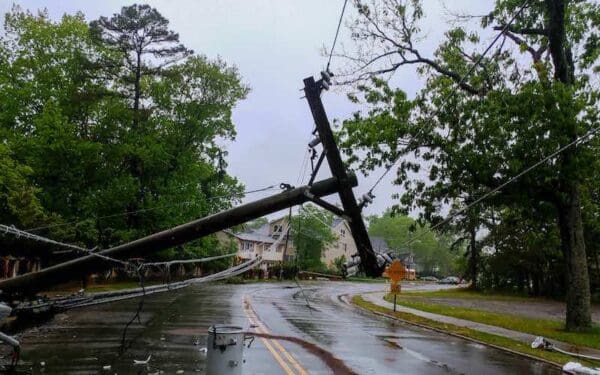
Climate justice is about recognizing that climate impacts, such as extended heat waves, stronger winds, and intense rainstorms, disproportionately affect marginalized communities. It calls for urgent action to prevent further harm and ensure equitable access to clean energy solutions, prioritizing historically marginalized communities for a sustainable and fair future.
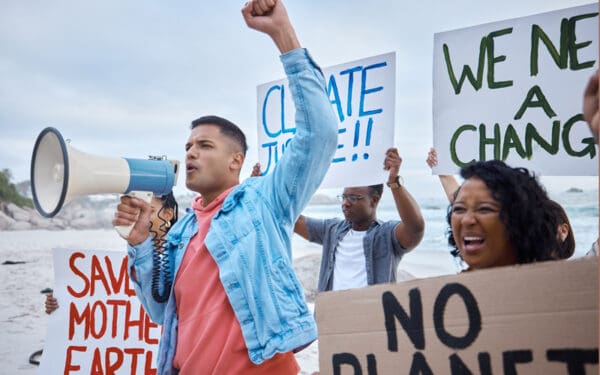
Climate change means heat waves are getting longer and more frequent. But cities can prepare by implementing three simple steps.
